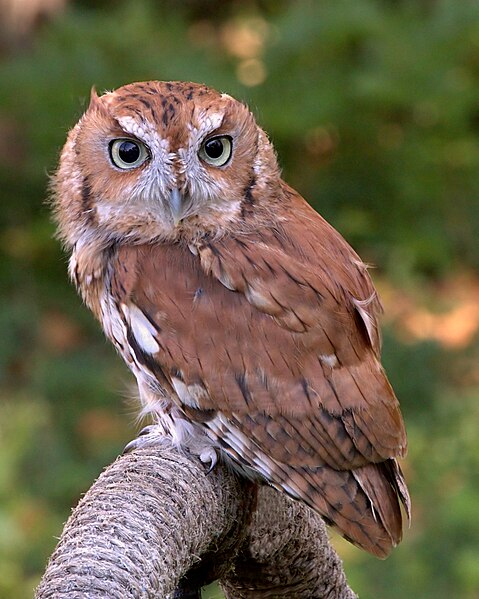Please feel free to comment by clicking the link at the bottom of this post.
Did you know that the word “owl” is an onomatopoeia? That means it’s a word that was formed based on an imitation of the sound the owl makes. It began its life as a German word (Eule), and later was borrowed by the Dutch (Uil). Eventually, early speakers of English turned that into the word “Ule”, and eventually that morphed into the present-day “owl”.
It’s
interesting. The spring evening a couple of years ago that I stood on a country
road listening to an owl deep in the swampy woods singing into the cool, quiet
air, it sounded nothing like “Owl”. It sounded more like “Hoo Hoo Hoo
Hooooo!!!! Hoo Hoo Hoo Hooooo!!!!”
Ah
well. To each his own, I guess. But I suppose it’s fortunate I didn’t name the
bird. After all, would you have been half as enchanted with the Great Horned
Hooooo?
And
enchanted we are. For many, many years we seen owls in poetry and nursery
rhymes, stories, songs and movies. They’re on clothes, jewelry and household
items. Cake, chocolates, cookies, salad, pens, shoes, socks, bags – name it and
someone has found a way to make an owl out of it. You can even get ringtone for
your phone, so it sounds like an owl crying out every time there’s an incoming
call. Add to that your owl-shaped phone case and you're all set.
Although
some of these notions may be kind of new, the idea of owls being a regular part
of our culture is definitely not recent. Take the little Screech Owl. He’s
pervade myth and legend since long before the history books can record.
Here
are some of the stories.
·
They have gone by many
nicknames, including Spirit Owls, Demon Owls, Death Owls (Yikes!), and
Whickering Owls.
·
The early English people
believed the owls were an omen of death.
·
There are legends that owls
somehow predicted famous deaths, such as that of Julius Caesar.
·
Some ancients even suggested
that owls were transformed witches out for the blood of infants!
Wow! How did the
owls earn that kind of a reputation?
But, fortunately, there were those who saw things a little bit differently.
·
Some early North American
aboriginals saw the owl as a symbol of wisdom and a bringer of prophecy. The
bird’s likeness appears on some “totem” poles.
·
The ancient Greeks felt the
birds were a form of protection. If they saw an owl while they were marching
off to war, they were sure to be the victors!
All
owls are, of course, amazing creatures, with their acute sense of sight and
hearing and stately and beautiful appearance. One can’t help but be amazed by
any owls that pass by.
But
there’s one in particular that it’s hard to forget once you hear of him.
His
name is Zeus. He was found injured and alone on someone’s porch in the North
Carolina. An examination by medical professionals revealed a debilitating
injury. The poor little guy was blind! This is pretty devastating for an owl,
of all people, who requires his keen and vivid eyesight to spot lunch
scampering through the underbrush from high on a tree branch or while catching
a ride on a stiff breeze. But it would seem that Mother Nature decided to give
this little creature some other amazing gifts instead.
For
one, he has the honor of being allowed to help teach many visitors about nature
and wildlife at the nature preserve that was good enough to give him a home.
Then
there’s his most amazing gift. Something about his blindness causes unique
patterns and colors that bear a striking resemblance to the constellations of
the deep night sky.
When
you look into his eyes, you can see the stars.
Photo by Greg Hume

Comments